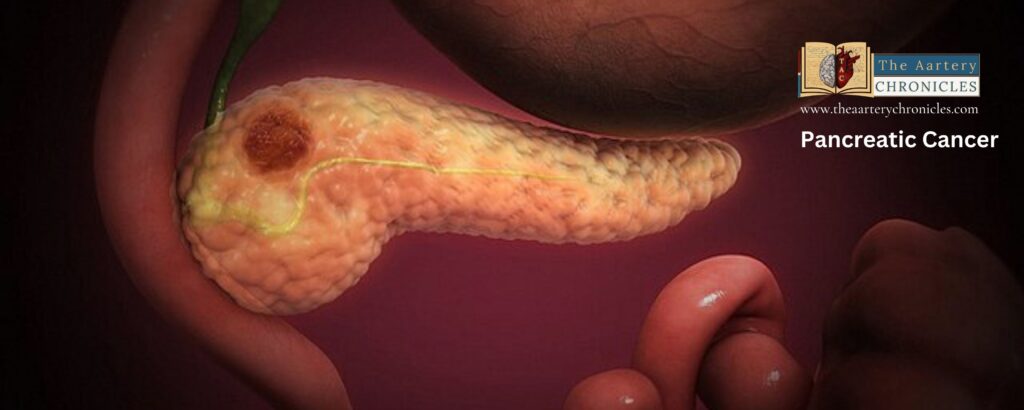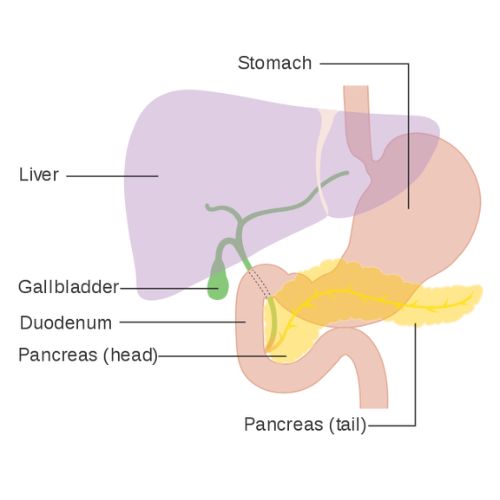

The Demise of Pankaj Udhas: Understanding Pancreatic Cancer
Renowned vocalist Pankaj Udhas passed away on Monday morning at the age of 72, at Mumbai Breach Candy Hospital. The official announcement conveyed that the artist succumbed to a prolonged illness on February 26. Subsequent reports have disclosed that the late maestro was contending with cancer during his final moments.
The confirmation of his passing was shared by his daughter, Nayaab Udhas, on Instagram. She posted a statement that expressed, “With deep sorrow, we regret to inform you of the demise of Padmashri Pankaj Udhas on 26th February 2024, following an extended period of illness.”Numerous admirers and friends sent their sympathies to the deceased family.
Anup Jalota, a close associate of Pankaj, recently conveyed his sentiments on social media with a sombre note. He shared, “Regretfully 😞… Esteemed music icon & my associate Pankaj Udhas passes away. We offer our sincere condolences to his Family and dear ones during this challenging period. 🙏”
What is pancreatic cancer?

Pancreas
- The pancreas is around a 6-inch gland that lies on the side and is pear-shaped.
- The gland is located behind the stomach on the upper side of the left abdomen. [1]
- The pancreas is responsible for breaking down food into substances and making hormones including insulin, and glucagon. [1]
Pancreatic cancer forms in the tissues of the pancreas typically when the exocrine cells in the pancreas begin to grow uncontrollably. The most common type is pancreatic adenocarcinoma whereas, Pancreatic neuroendocrine tumors (NETs) are quite rare. [2]
Symptoms of Pancreatic Cancer
A few most common symptoms of pancreatic cancer include:
- Jaundice and skin yellowing
- Loss of weight
- Anorexia [6]
- Pain in the abdomen that typically radiated to the back
- Sleep issues
- Fatigue and weakness
- Pruitus
- Gastrointestinal (GI) disorders [2] [3]
Prevalence Of Panceatic Cancer
Pancreatic cancer is highly prevalent and it is the fourth leading cause of death due to cancer in women and men. Pancreatic cancer is responsible for around 7% of cancer-related deaths. [4] Since the late 1990s, the number of new cases of pancreatic cancer in men and women has increased by around 1% each year. Pancreatic cancer was diagnosed in around 495,773 persons worldwide in 2020. [4]
Risk factors associated with Pancreatic cancer
- Tobacco use
- Consumption of alcohol
- Diabetes Mellitus
- Medical history of frequent pancreatic disorders or pancreatitis
- Genetics or heredity
- Cystic Fibrosis
- Obesity [7] [2]
Management of Pancreatic Cancer
Various medical tests and a combination of clinical presentations are administered to diagnose pancreatic cancer. These tests commonly include imaging tests such as CT scans, ultrasound, PET scans, and MRI scans. Also, a few blood tests can detect pancreatic cancers at an early stage for at-risk individuals. [5] [2]
According to the stage of the disease and the patient’s overall health a combination of approaches may be used to treat pancreatic cancer including:
- Chemotherapy
- Radiation therapy
- Immunotherapy
- Surgical removal of the tumors
- Palliative care [1]
- Pancreatic Cancer | General information about pancreatic cancer | NIH | (cancer.gov)
- What is Pancreatic Cancer? | American Cancer Society | (cancer.org)
- Pancreatic Cancer: A Review of Risk Factors, Diagnosis, and Treatment | PMC | (ncbi.nlm.nih.gov)
- Pancreatic Cancer: Statistics | ASCO | (cancer.net)
- Pancreatic Cancer Early Detection | Pancreatic Cancer Action Network | (pancan.org)
- Pancreatic cancer: clinical presentation, pitfalls, and early clues | NIH | (pubmed.ncbi)
- Epidemiology and risk factors of pancreatic cancer | NIH | (ncbi.nlm.nih.gov)
- Inputs from various media Sources

Contributors: Priya Bairagi & sanika Pande
- Medicine and Diseases
- Nutrition and Diet
















